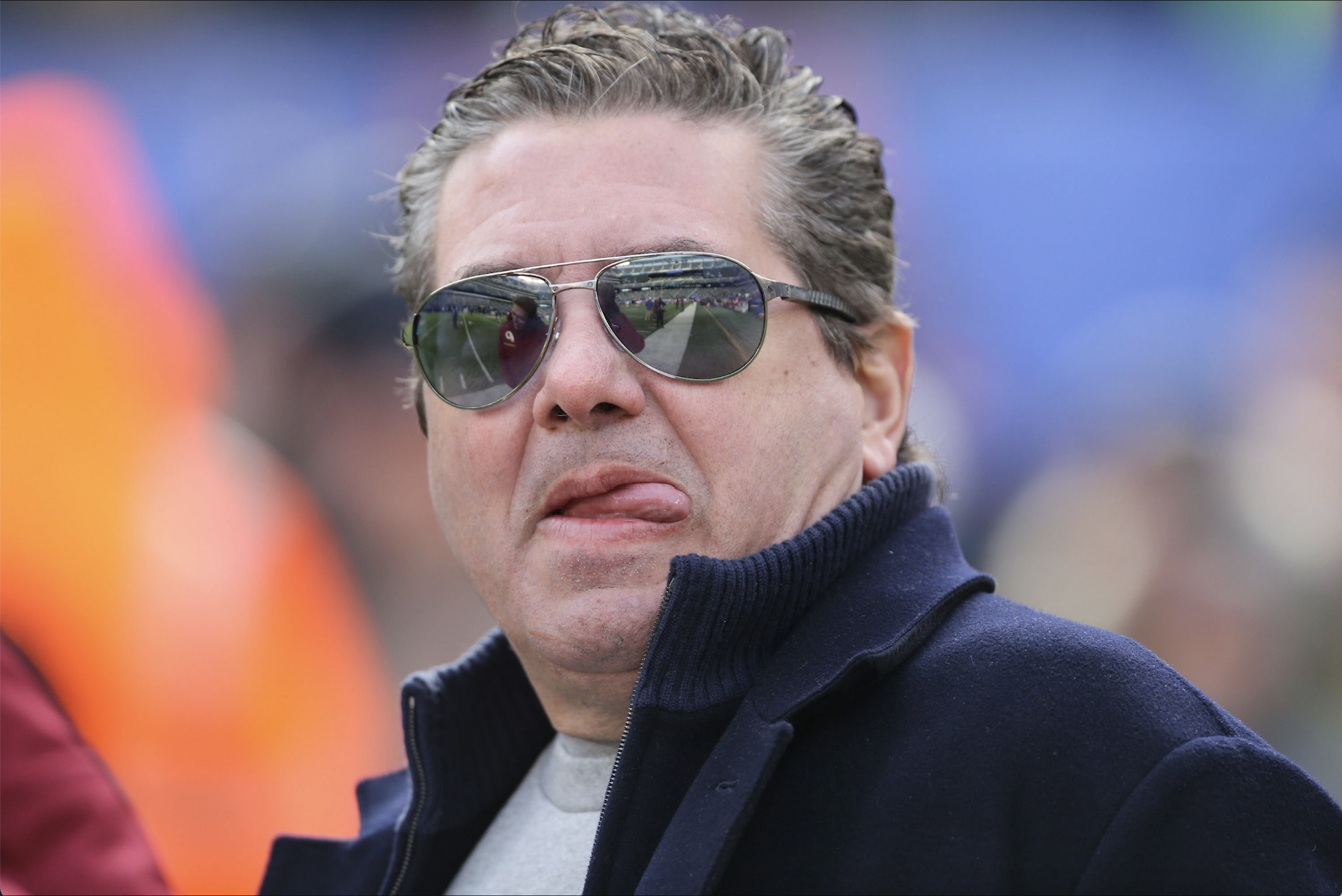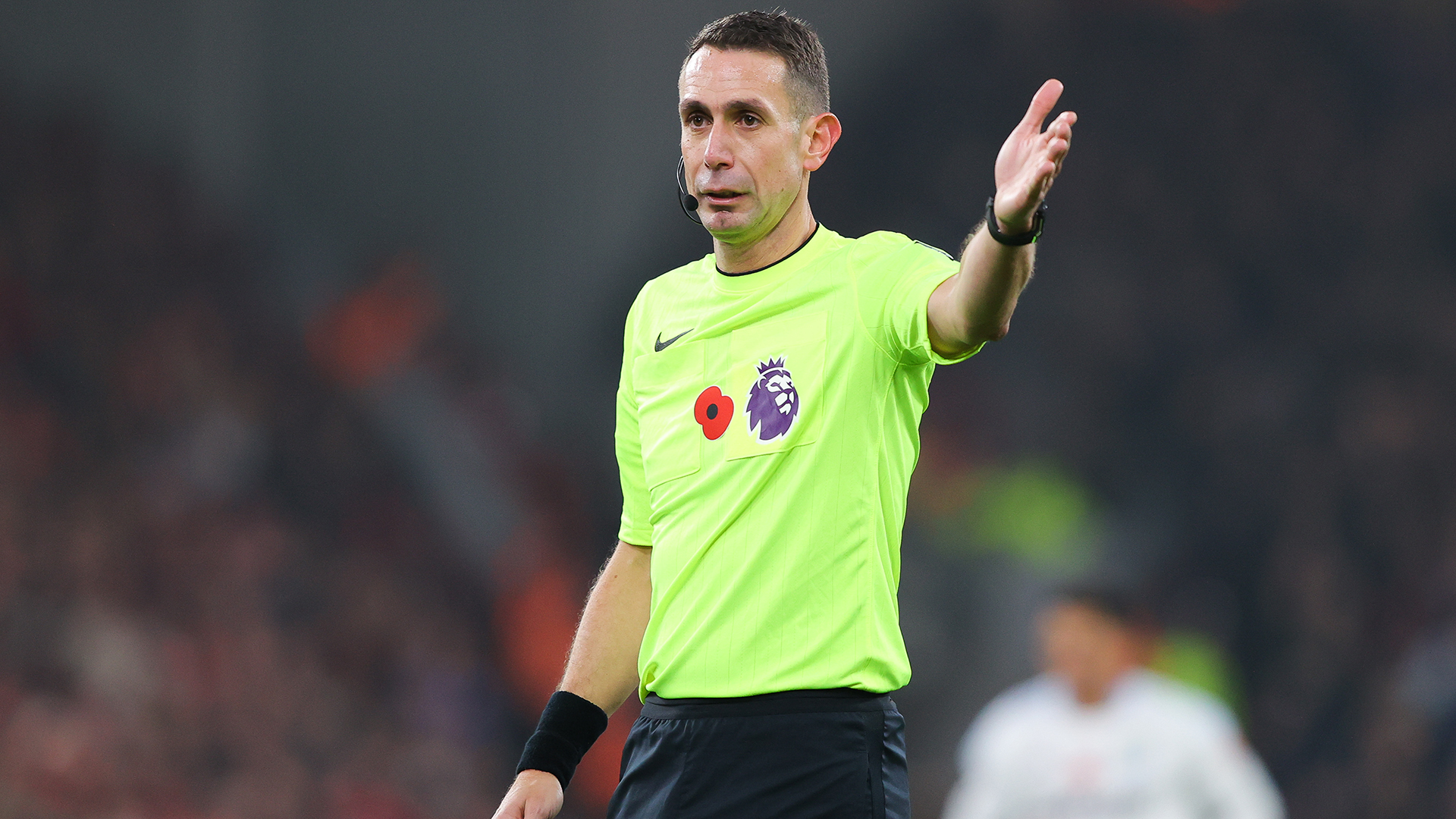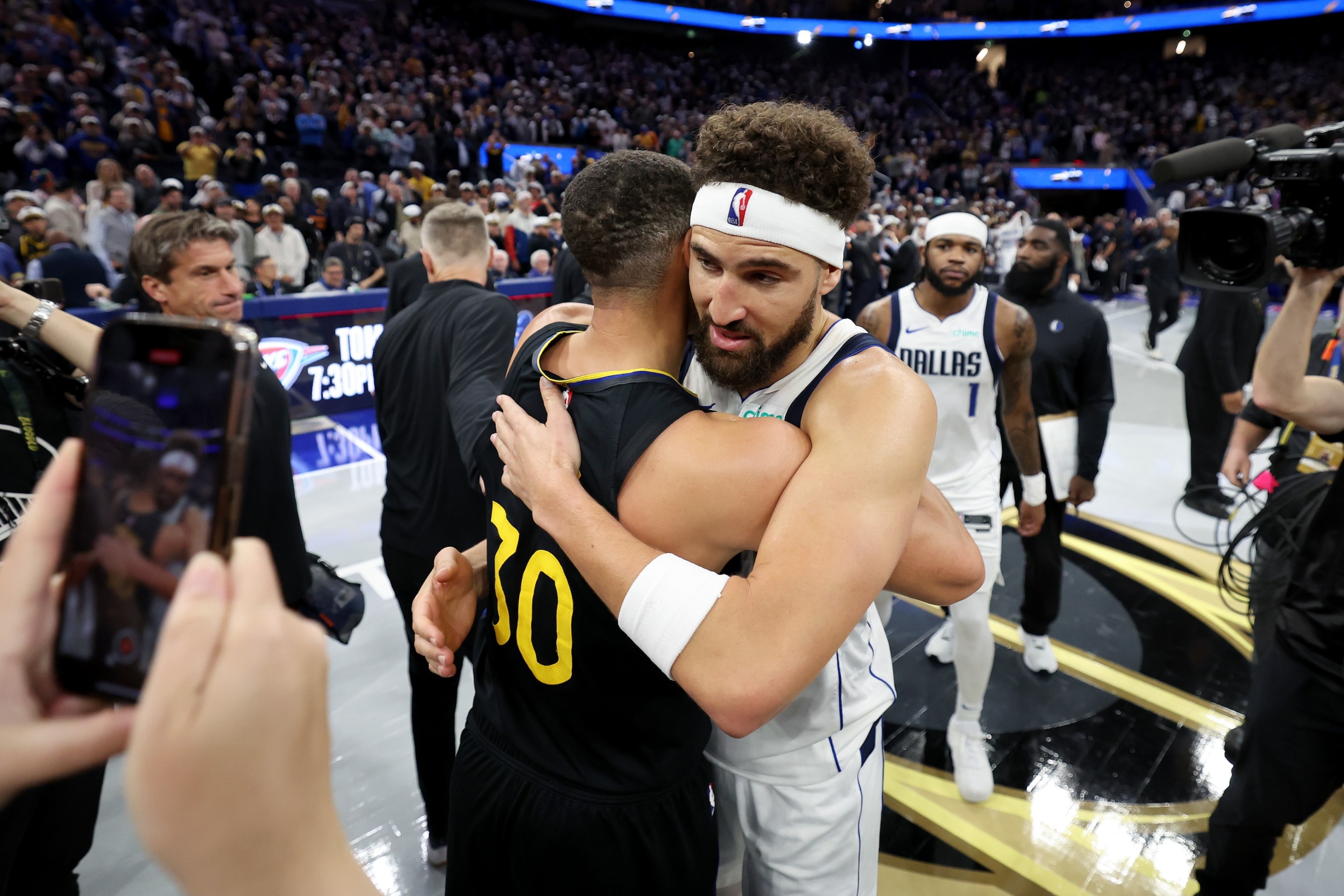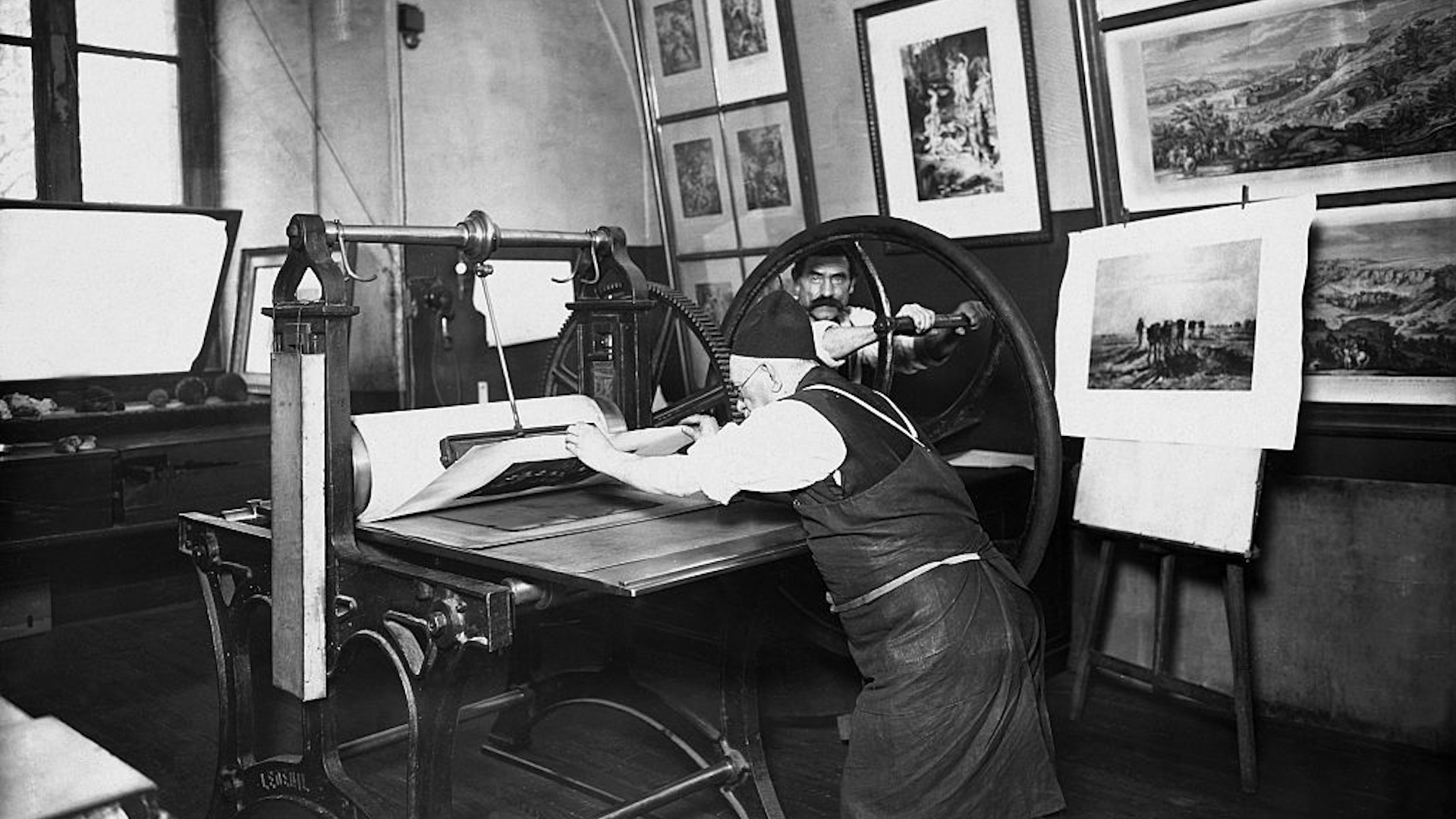The joy of watching the incremental (and alleged) developments in the sale of the Washington Commanders by Danny Snyder to someone at least minimally less evil comes in the hope the authors always provide. It is as if everyone involved in covering the story has a rooting interest in seeing the Commanders sold to anyone, because who isn't a sucker for a less unhappy ending?
The unhappy ending is, of course, Snyder continuing to own the team as a purely-for-spite operation, a Thanksgiving Day Parade-sized inflatable middle finger not only to football fans, but to the people who exploit them. There is a sizable group of specu-guessers across the hinterlands that this entire exercise is a fraud in the perpetrating, in that Snyder has no intention of selling to anyone until he can have a skin disease named after him (Snyderodentis, also known as Atopic Dermatitis). There is an equally sizable group who suggests that Snyder would indeed sell for the right high-ten-figure price to the right non-Jeff Bezos-connected billionaire.
Either is possible, because the most satisfactory resolution—24 owners voting to snatch his team from him for advanced and continued PITA-hood and refer him to the bottom of a deep well—is also the least likely. Thus, the Washington Post, known in whatever lawsuit Snyder files from the potential exchange of property as That Which Must Be Destroyed, delivered to us the latest kind-of development: a joint bid by Josh Harris (Philadelphia 76ers, New Jersey Devils, Pittsburgh Steelers, Crystal Palace) and partners, and new player Mitchell Rales (no discernible sports involvement, though he will be marked down by the league for being keen on philanthropy).
The story, authored by the redoubtable Liz Clarke and Mark Maske, enthused through neutral reportorial language the potential for a cheerful resolution to this dumpsite fire. Rales brings approximately $5.5 billion in net worth to the buying power of the Harris group, and Clarke and Maske theorized that the combined group could have as much as $14 billion to throw into a pot that would make Snyder approximately half that in a sale.
The reason this story gained enough traction to take up Post space is in part the upcoming NFL owners' meetings, which open March 26 in the typical Phoenix locale. And this is the telling paragraph:
The wild card in closing any deal is Snyder, 58, who has owned the franchise since 1999. His intent is not entirely clear. Is he selling the team or simply reassessing its value? How deep-seated is his animus toward Bezos? Would he refuse a top-dollar offer from the world’s third-richest person because of a grievance against The Washington Post, which Bezos owns, or is that merely a bargaining tactic? Finally, will Snyder’s demands over price and terms prolong the process for months, if not years, or mire it in litigation?
Washington Post
Well, yes, that has always been the issue. Snyder's demand for indemnification by the NFL from future lawsuits is enough of a rankle to incense an amorphous group of owners into wanting a bloody fight to wrest the team from Snyder's talons, an outcome we should want most of all under the "Ted Lasso My Ass" theory of sports entertainment. What need we for scripted sporty pseudo-drama when we can have the main pool at The Biltmore filled with billionaire blood?
But we don't live that well, not nearly well enough to transform the owners meetings into the Third Battle of the Somme, no matter how much we wish it to be so. What is intriguing in the interim is how the Post, covering its local team's potential transfer of power, airs its voting interest. Their own publisher/overlord, Bezos, looks like a longshot based on Snyder's longterm animus toward the paper even though his main partner in the endeavor, Houston Rockets owner/casino operator Tilman Fertitta, would probably serve as front man. Thus, there is the encouraging tone in the story that we might be imagining simply because nobody inside the Beltway thinks Snyder's continued ownership is anything other than a monument to hyper-deterioration. This isn't about Bezos anymore, it's about anybody but Snyder.
The flaws in a successfully nonviolent sale are clear. Snyder makes six bills on an investment that he bought largely with other people's money, thus rewarding him for turning the football team and company into a neglected men's room. The NFL is rid of a problem that reveals its appalling standards for ownership (money regardless of character). Washington becomes smug about its football team again after years of unremitting shame. And we get a disappointing anticlimax to one of the longest enduring disasters in American sporting history, from the offensive nickname that wouldn't die, to the sexual abuses that went unpunished, to the new stadium extortions that never flowered, to the on-field slagheap that has amassed the worst record in the last 24 years for any team not nicknamed Texans, Raiders, Jaguars, Lions or Browns. This is way too good an end for him, and lets the league off the hook for having accepted him in the first place.
So let us hope instead for a disastrous owners meetings (indeed, let us hope that all owners meetings end up disastrously for all eternity, even though that means we will have all died and achieved a happy afterlife, a small price to pay given the reward) that leave us with a wounded Snyder and a newly enraged but inert league structure. Yes, this means that Maske must continue to cover this atmospheric river of dung for years to come (Clarke is retiring after a long and properly admirable career), but he serves not the paper nor the community but the rest of us. We know what we want, and that is for this corporate lesion to endure the best efforts of the richest people to heal. In other words, let hope die for once. It's not a universal sentiment, but in this case, a happy resolution is the worst possible option.





